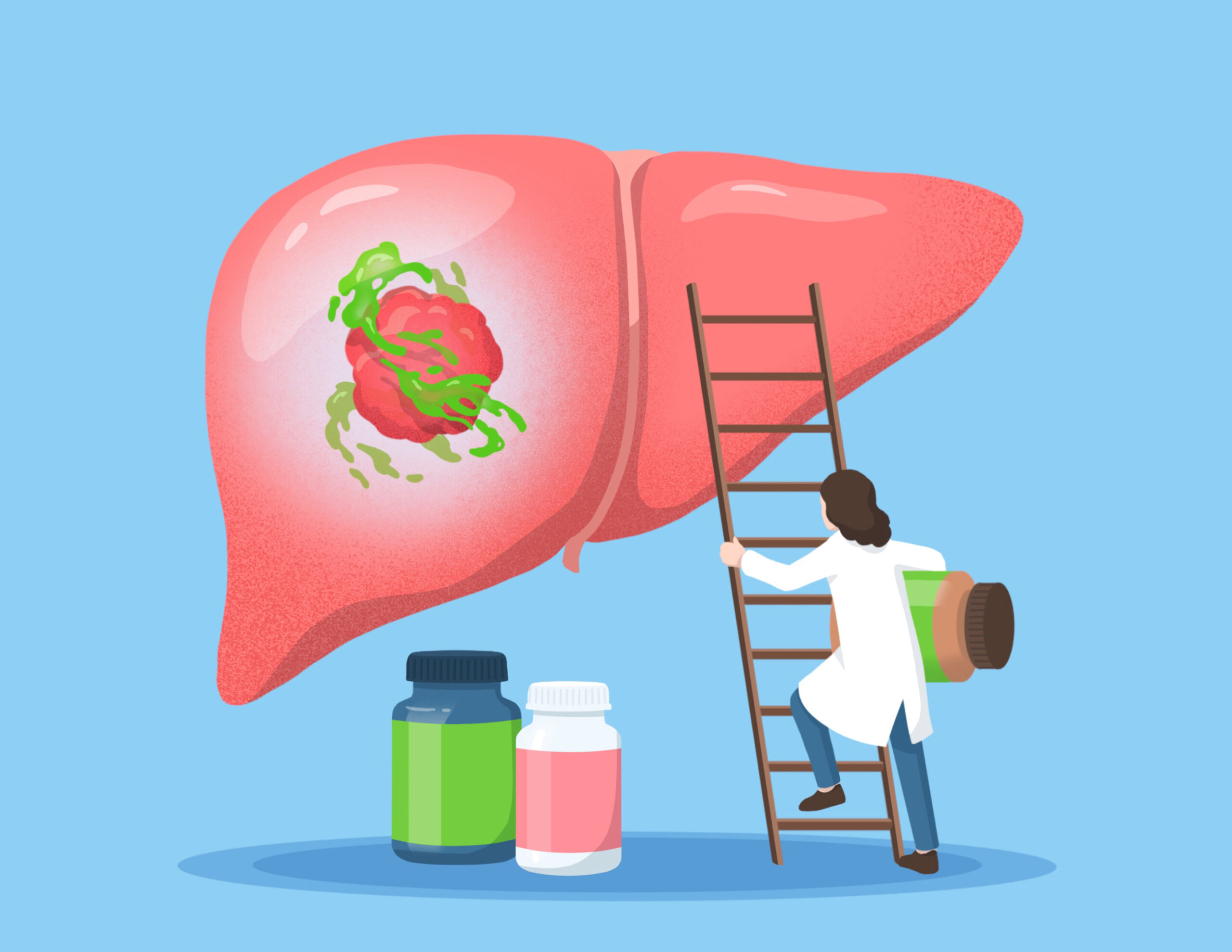Recent research from the Salk Institute has uncovered that certain bile acids in the liver can impair the function of T cells, the immune system’s primary cancer-fighting cells, thereby reducing the effectiveness of immunotherapy in liver cancer treatment. In studies involving mouse and human liver tumors, scientists identified specific bile acids that were associated with diminished T cell activity and increased tumor growth. By inhibiting the production of these bile acids, they successfully halted tumor progression and even reduced existing tumors. Notably, one bile acid, ursodeoxycholic acid (UDCA), was found to enhance T cell function. Supplementing with UDCA in mice controlled tumor growth, suggesting its potential as an adjunct to improve immunotherapy outcomes in liver cancer patients.
These findings offer a promising avenue for enhancing liver cancer treatment by modulating bile acid levels to bolster the body’s immune response against tumors. Given that UDCA is already an approved treatment for other liver conditions, its integration into existing therapeutic protocols could be expedited, potentially improving survival rates for liver cancer patients. Further clinical research is needed to confirm these results and determine the optimal application of UDCA in combination with immunotherapy. Click for More Details







